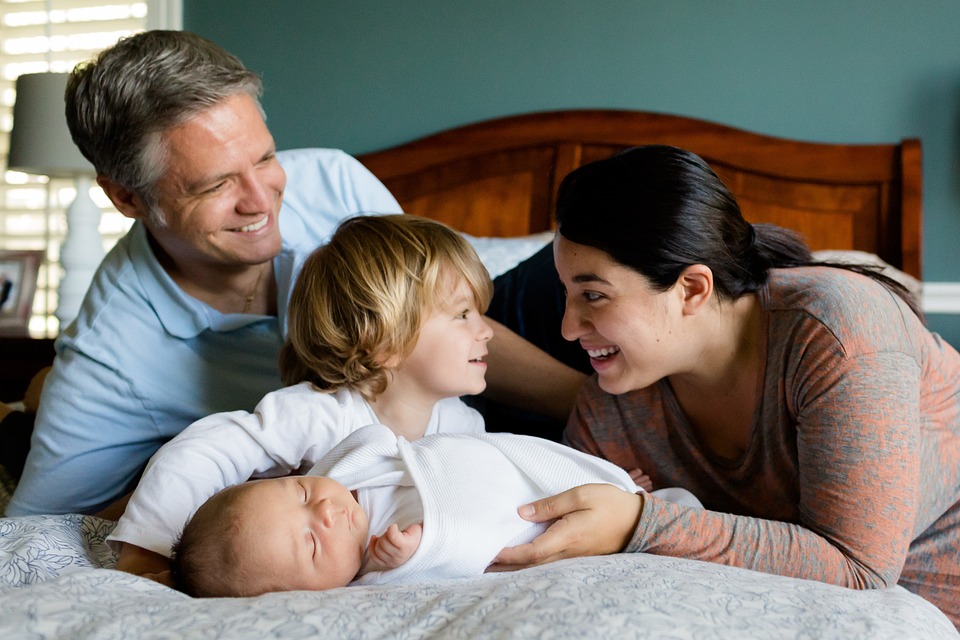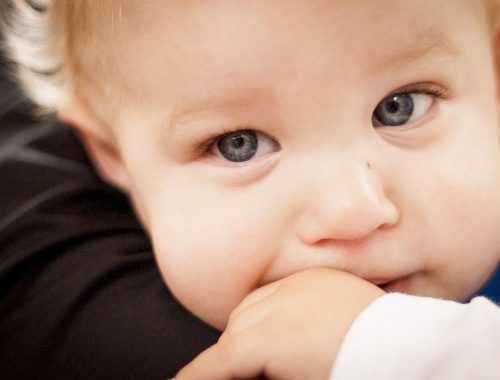
What Is Positive Education?
Positive education, benevolent education or positive parenting are terms used to refer to a new educational model that is still being debated by parents and educators around the world, but is nevertheless appreciated by many of them. You may be new to this term or you may have heard it in the past; in this article, we will take a look at what positive education is and its advantages and drawbacks…
What is positive education?

Positive education is a method of accompanying one’s child based on the concepts of listening, self-respect, respect for others and non-violence. This educational method is based on benevolence and is opposed to the conventional violent educational approach. Some have approved it but it remains judged by others. However, this educational method has been proven beneficial by neuroscience research.
Consequently, positive education proposes educational tools based on listening, caring, dialogue, communication, support and mutual respect.
However, the principles of this educational method are regularly misunderstood and refuted. Indeed, parents consider it as being too indulgent, so it is important to review together with the basics of positive education.
The pillars of positive education
Practising positive education means changing your view on the world and your actions. Thus, it allows the parent-children relationship to be much fluent without force.
In a classic education system, we often educate in an archaic way to make our children picture-perfect. Children are often perceived as bad people, provoking and testing adults to push them to the limit and disobey. Someone that we must absolutely quash to ensure our adult supremacy is not trampled on.
Is it possible to create a beautiful relationship with your children if you perceive them in this way? Children are not inherently bad, although they may behave in ways that are sometimes considered inappropriate! So, the concept of positive education starts with a good view of your child.
Respect your child

Children are human beings on their own; they do not belong to their parents as we may think. Your child has emotions, needs and intentions that cannot be manipulated to please you.
Nowadays, adults often disrespect their children. They are scolded, punished, and sometimes even manipulated or physically abused. As a parent, we may think that we are doing these for our children’s good, but we do not consider their emotions. Positive education emphasizes respect towards the child and treating them as we would like to be treated.
Example of how you can show respect towards your child;
Respect his physiological needs; do not force your child to sleep or eat when the latter does not want to.
Respect his individuality; Your child will develop their own personality and you will not always have the same opinions or the same tastes and that’s okay.
Respect his body; do not force any actions such as cleaning their nose without their knowledge. Avoid any form of physical violence; respect their wishes if they do not want hugs and kisses.
Respect his emotions; listen to your child, welcome his emotions and don’t ignore them.
Respect your child’s development: avoid high expectations, as well as pressure your child to learn faster. If he fails, you should not devalue or discourage him.
Respect their desire to be autonomous: if your child wants to do things on their own, trust them and let them do it, as far as possible, while taking care of their safety.
Positive learning can be very tricky, as it takes a lot of patience for the parents, but it seems to raise spontaneous and fulfilled children. Through positive education, children can learn to be non-violent and more caring towards their surroundings. Let us know in the comments what you think of positive education….
You May Also Like

Tender Gums, Big Smiles A Four-Step Guide to Soothing Teething Woes in Your Little Ones
2024-01-23
Kid-Friendly Meals For the Cold Weather
2022-07-07

One Comment
Pingback: